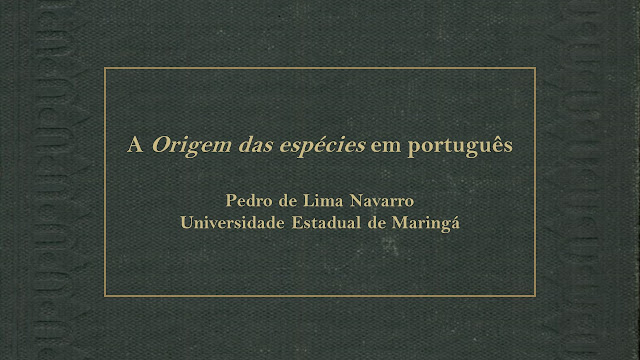Ridley (2004)
1. Intro
- Evolução é igual a mudança entre gerações de uma linhagem populacional. Entretanto, a mudança que um organismo passa enquanto cresce e mudanças ecossistêmicas não contam nessa definição.
- O processo de evolução não é previsível e ocorre por meio de clivagens de populações em padrão de árvore. Coisa que não ocorre tão claramente com estruturas abstratas como ideias
- SN é uma forma de explicar as adaptações dos organismos.
- Natural selection means that some kinds of individual in a population tend to contribute more offspring to the next generation than do others. Provided that the offspring resemble their parents, any attribute of an organism causing it to leave more offspring than average will increase in frequency in the population over time. The composition of the population will then change automatically. 6
- a. Evolução antes de Darwin
- Muitos pré darwinianos entertiam a ideia de transformação das espécies, embora sem apreentar teorias sustentáveis de como isso ocorria. Lamarck o fez, partindo da ideia da força interna e complexificadora dos organismos aliada a herança de caracteres adquiridos. Havia uma variação direcionada, ou seja, os organismos variavam em direção as características adquiridas por seus pais. Em oposição a ele veio Cuvier, defendendo o fixismo das espécies e trazendo a possibilidade de extinção
- b. Darwin
- His theory would have to explain not only why species change, but also why they are well designed for life. 10. Daí a necessidade de um mecanismo que seria inspirado pela luta pela vida.
- Recepção
- Deve-se separar a recepção de evolução e de seleção natural. Evolução foi mais criticada fora dos ambitos da história natural, devido a sua polemica religiosa. Também houve muita confusão com a relação entre evolução e progresso, que não necessariamente seguiam juntos para darwin. As espécies não tinham uma tendência inata de progressão. já uma das críticas principais a SN era a falta de uma teoria de hereditariedade. Darwin propunha blending, mas isso era de certa forma incoerente com sua própria teoria. Darwin ficou eclipsado entre os 1900-20, até a redescoberta de Mendel.
- Mendelism eventually allowed a revival of Darwin’s theory, but its initial effect (around 1900–20) was the exact opposite. The earlyMendelians, such as Hugo de Vries and William Bateson, all opposed Darwin’s theory of natural selection. They mainly did research on the inheritance of large differences between organisms, and generalized their findings to evolution as a whole. They suggested that evolution proceeded in big jumps, by macromutations [...] Mendelism was not universally accepted in the early twentieth century, however. Members of the other principal school, which rejected Mendelism, called themselves biometricians; Karl Pearson was one of the leading figures. Biometricians studied small, rather than large, differences between individuals and developed statistical techniques to describe how frequency distributions of measurable characters (such as height) passed from parent to offspring population. They saw evolution more in terms of the steady shift of a whole population rather than the production of a new type from a macromutation (Figure 1.7b). Some biometricians were more sympathetic to Darwin’s theory than were the Mendelians. 13-4
- Síntese moderna
- União dos princípios discretos de Mendel com os contínuos observados pelos biometristas e compatibilização com o conceito de seleção natural. Alguns dos principais nomes aqui são Fisher, Haldane, Wright, Dobzhansky, Mayr, Simpson. Ver lista de trabalhos sumativos importantes na pg 15.
- These classic works of theoretical population genetics demonstrated that natural selection could work with the kinds of variation observable in natural populations and the laws of Mendelian inheritance. No other processes are needed. The inheritance of acquired characters is not needed. Directed variation is not needed. Macromutations are not needed. 15
- Com o passar dos anos, a sínte cehgou a sistemática e a paleontologia. Abarcando praticamente todas as áreas da biologia.



Comentários
Postar um comentário